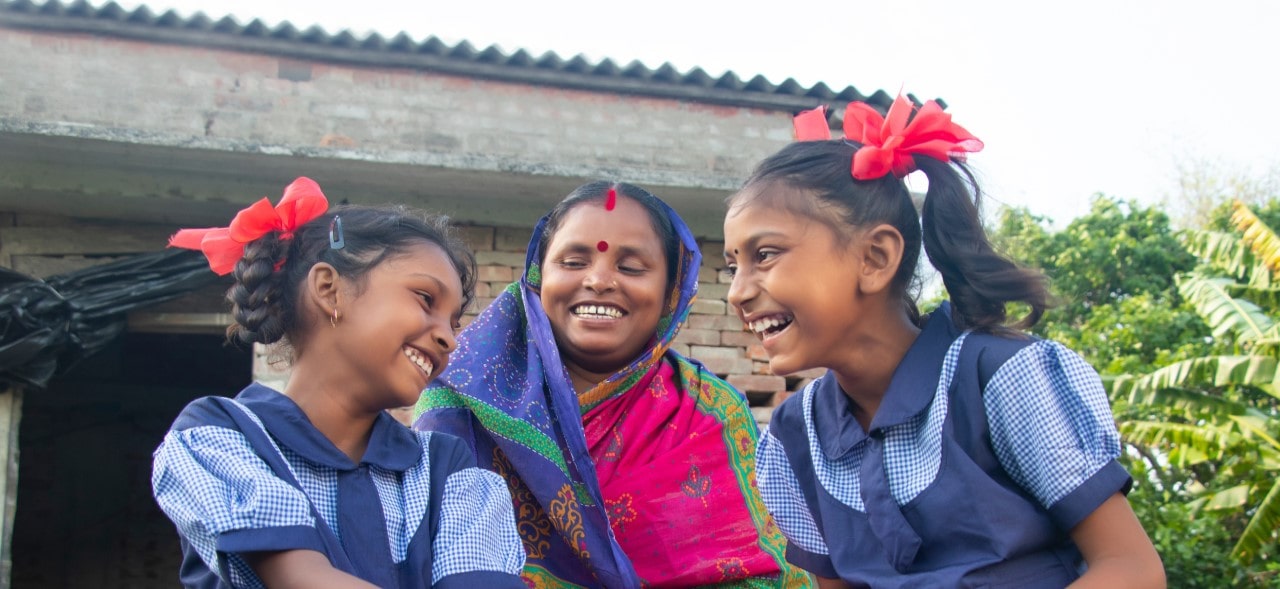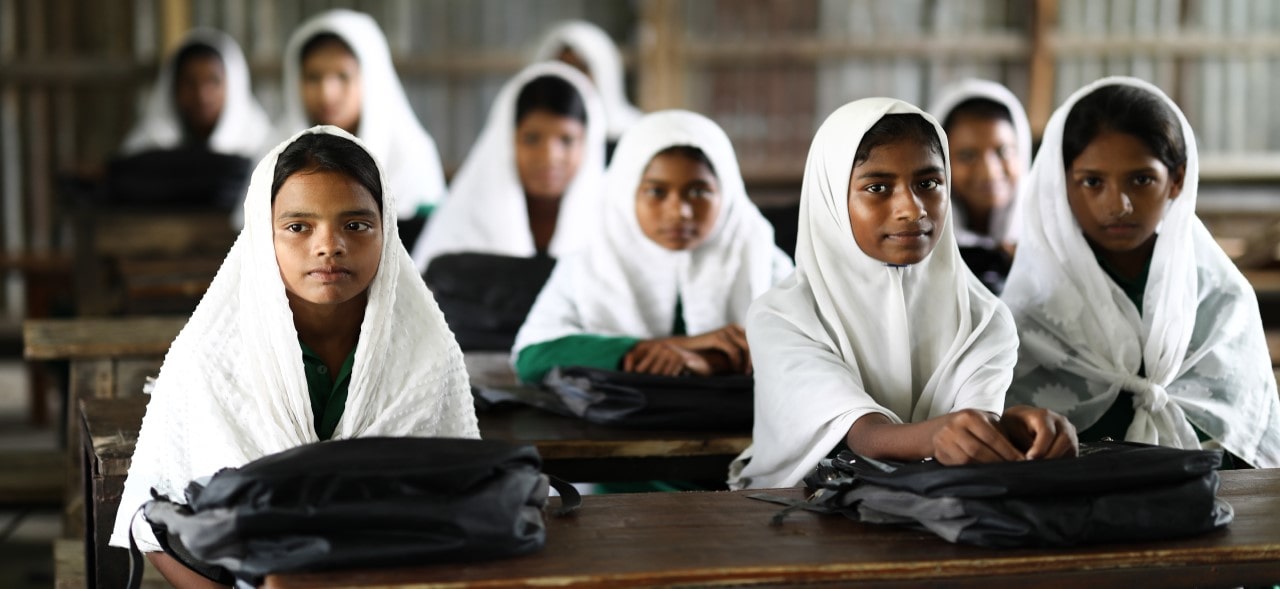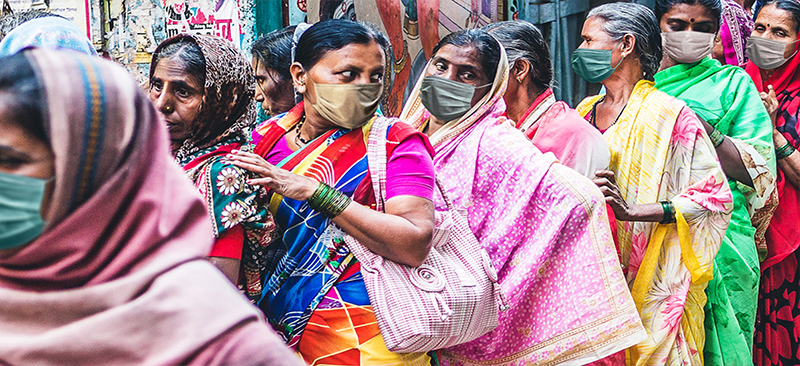Neeraja Sundar

Neeraja Sundar
Assistant ManagerNeeraja is an assistant manager in MSC’s Government and Social Impact (GSI) Practice Group under Digital Financial Services. She is a development sector consultant with four years’ experience of working with multi-lateral and bi-lateral donor agencies, financial institutions, think tanks and academic institutions.
She has supported the implementation and evaluation of projects in institutional strengthening, market research, behavioral economics, and digital financial financial inclusion. Her work involves improving social security programs/policies through evidence-based behavioural-centric assessments. She specializes in G2P programs and payment systems, pro-poor digital financial products/services, pro-poor livelihood programs, market research, impact evaluation and policy analysis.
Posts by Neeraja Sundar
 Blog
Blog
Arshi Aadil, Neeraja Sundar, Aakash Mehrotra and Lakshay Jain
Women at the heart of G2P initiatives: The Primary Education Stipends Program in Bangladesh
 Blog
Blog
Aakash Mehrotra, Arshi Aadil, Lakshay Jain and Neeraja Sundar


